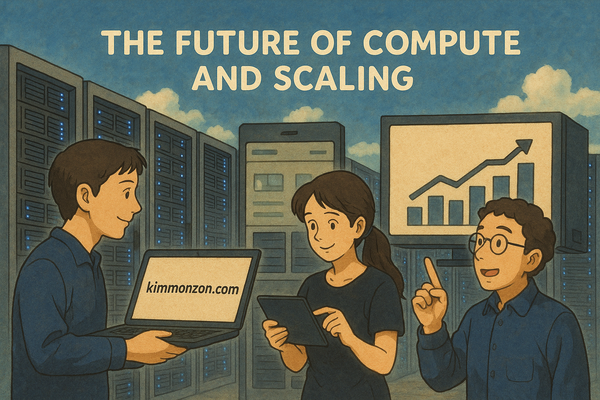Futurism Tools

Imagine if we could peek through the keyhole of time to catch a glimpse of the future. What would we see? What could we learn? This is the essence of futurism – a realm where we blend curiosity with science to explore what tomorrow might hold. Lets venture into the fascinating world of futures studies, and use the current data(ill cover it in the next part as it involves coding) and trend to predict the future, horizon scanning, and the role of a futurist.
Futures Studies
Futures studies is not just about making predictions; it's a systematic way to look at possible and preferable futures and the paths to reach them. It's an interdisciplinary field that aggregates data from various domains to anticipate and influence the future. To get a more comprehensive understanding, check out this detailed Wikipedia article on Futures Studies.
Horizon Scanning
Horizon scanning plays a pivotal role in futurism. It involves examining potential threats, opportunities, and likely future developments. In essence, it's about being proactive rather than reactive. For more insights into this technique, refer to the Wikipedia page on Horizon Scanning.
Who is a Futurist?
A futurist is someone who systematically explores predictions and possibilities about the future and how they can emerge from the present. Whether it's technology, economics, or societal trends, a futurist aims to help us understand what the future might look like. Learn more about the role and impact of futurists here: Futurist.
What is Futurism?
Futurism is an interdisciplinary approach to understanding the dynamics of future scenarios. It's rooted in the study of trends, patterns, and emerging technologies, and involves speculative thinking, forecasting, and scenario planning. The goal is not to predict the future with certainty but to explore a range of possible futures to better prepare for them.
Key Concepts in Futurism
Accelerating Change: This concept posits that technological advancement happens at an exponential rate, meaning the future will arrive faster than we expect.
- Existential Risks: Understanding the risks that threaten the survival or fundamental well-being of humanity is crucial in futurism.
- Technological Singularity: A hypothetical point in the future where technological growth becomes uncontrollable and irreversible, leading to unforeseeable changes.
- Kardashev Scale: A method of measuring a civilization's technological advancement based on energy consumption. See Kardashev Scale
Tools and Techniques for Futurists
Scenario Planning: Developing narratives about different future scenarios to plan for various possibilities.
- Delphi Method: A structured communication technique, often used in forecasting, involving a panel of experts.
- Trend Analysis: Examining current trends to make predictions about the future.
- Horizon Scanning: Identifying emerging trends, risks, and opportunities in the early stages.



